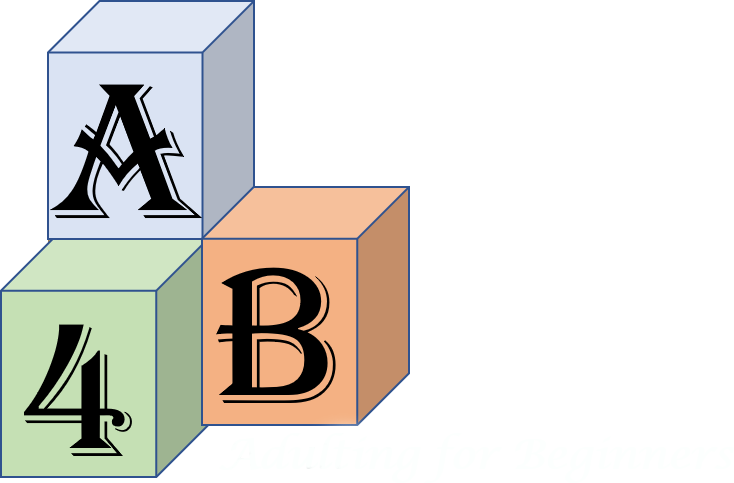The new year is a time for reflection, renewal and setting goals for the future. Many people make New Year’s resolutions to improve their health, happiness, relationships, finances, career or personal growth. But how many of us actually stick to our resolutions and achieve them? Why is it so hard to keep our resolutions and how can we increase our chances of success? How can you avoid this common pitfall and make this your best year yet?
Here are some tips and strategies to help you make and accomplish your New Year’s resolutions:
Be specific and realistic. One of the main reasons why people fail to keep their resolutions is that they are too vague or unrealistic. A vague or unrealistic resolution is doomed to fail. For example, instead of saying “I want to lose weight”, say “I want to lose 10 pounds by March 31st by following a healthy diet and exercising three times a week”. This way, you have a clear and measurable goal that you can track and evaluate. You will be able to measure your progress and celebrate your achievements more easily.
Write it down and review it often. Another way to increase your motivation and commitment is to write down your resolutions and the reasons why you want to achieve them. This will help you remind yourself of the benefits and rewards of sticking to your plan. A written resolution is more likely to be remembered and followed than a mental one. For example, write down your resolution on a sticky note and put it on your fridge, mirror, computer or phone. This way, you have a constant reminder of what you want to accomplish and why. You can also use a journal, a planner, or an app to record your progress and celebrate your achievements.
According to a study by the University of Scranton, only 8% of people who make New Year’s resolutions are successful in keeping them. The rest either give up or forget about them within a few weeks or months.
Break it down into smaller steps. Sometimes, your resolutions may seem overwhelming or daunting, especially if they involve big changes or challenges. A big or complex resolution can be overwhelming and discouraging. To make them more manageable, you can break them down into smaller steps that you can accomplish in a shorter time frame. For example, if your goal is to write a book, you can start by writing an outline, then a chapter, then another chapter, and so on. This way, you have a manageable and achievable task that you can do regularly.
Share it with someone who supports you. Another factor that can help you stick to your resolutions is having support and accountability from others who share your goals or values. A social resolution is more likely to be sustained than a solitary one. You can join a group, a club, or an online community where you can find encouragement, advice, and feedback from others who are working on similar resolutions. For example, tell your family, friends, co-workers or online community about your resolution and ask them to encourage you and hold you accountable. This way, you have a source of motivation and feedback that can help you stay on track.
Be flexible and forgiving. Sometimes, things may not go according to plan, or you may face unexpected challenges or setbacks. Instead of giving up or feeling guilty, be flexible and adaptable. Adjust your goals or strategies if needed. Learn from your mistakes and focus on the positive aspects of your journey. A resilient resolution is more likely to be resumed than a rigid one. For example, if you miss a day or week in your resolution, don’t give up or beat yourself up. Instead, acknowledge the setback, learn from it and move on. This way, you have a growth mindset and a positive attitude that can help you overcome challenges. Remember that change is not linear and that every step counts.
Reward yourself for your progress. Finally, don’t forget to reward yourself for your efforts and achievements along the way. A positive reinforcement is more likely to be repeated than a negative one. For example, treat yourself to something you enjoy or appreciate after you complete a step or milestone in your resolution. This way, you have a sense of satisfaction and reward that can keep you going. You can treat yourself to something that makes you happy or proud, such as a new book, a movie night, or a spa day. You can also use positive affirmations and gratitude to boost your self-esteem and confidence. However, if you encounter setbacks or difficulties, don’t give up or beat yourself up. Instead, use them as learning opportunities and try to figure out what went wrong and how you can improve next time.
Remember, making and accomplishing your New Year’s resolutions is not a one-time event, but a continuous process of change and improvement. We hope these tips and strategies will help you make and accomplish your New Year’s resolutions. By following these tips and strategies, you can increase your chances of success and make this year your best year ever!
Also see our article, Effective Time Management as Secret Sauce.

This post contains references and links to products sold by our affiliates. We may receive compensation for qualifying sales made when you click on the links in this article. You will be directed to a third-party website for your transactions.

